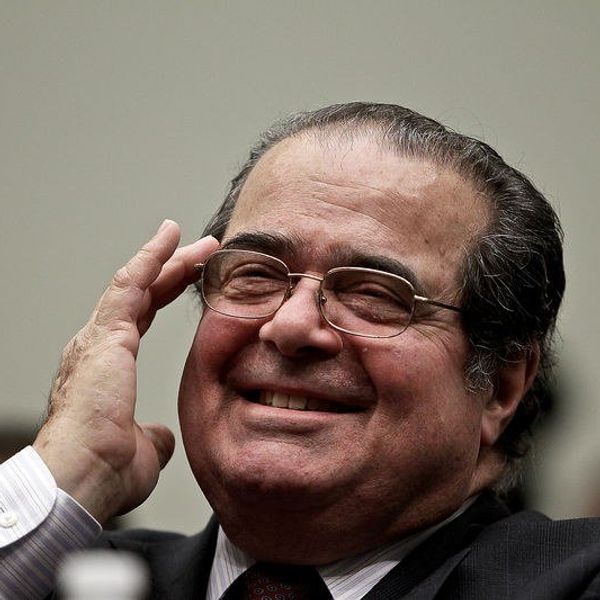Supreme Court Senior Associate Justice Antonin Scalia was found dead on February 13 near Marfa, Tex. during a quail hunting trip. Scalia was appointed by President Ronald Reagan in 1986, and was the longest serving Justice on the Supreme Court. Justice Scalia was known as a conservative judge for his opinions on abortion, affirmative action, First Amendment violations, and much more.
Scalia was a champion for the original intent of the U.S. Constitution, meaning that he interpreted the living document as he believed the framers meant it when it was written. He often pushed the limits with his dissenting opinions and risked relationships with his colleagues in order to preserve the originalism of the U.S. Constitution. Regardless, his colleagues, as Chief Justice John R. Roberts Jr. said, revered him: “He was an extraordinary individual and jurist, admired and treasured by his colleagues. His passing is a great loss to the Court and the country he so loyally served.”
Within hours of the confirmation and news release of Justice Scalia's death, political analysts and politicians launched into discussion over who will be his replacement, and who will get to make the appointment. As news media outlets produced stories, the nation's people began circulating the articles on Facebook and other forms of social media, all asking the same question: Will the Republican-dominated Senate be able to block President Obama's appointment for a year? The answer is not black and white, which leaves the nation divided by political ideology. Liberals are hopeful that President Obama's appointment will be forced to pass before the end of his term. Conservatives are hopeful that the Senate will be able to block it, leaving the appointment as the responsibility of the next President, whom they hope will be a conservative, as well.
Debates in Facebook comments and on Twitter show the nation is divided by Justice Scalia's death. Some argue that President Obama has the right to appoint a new justice, and he vowed the same day as Justice Scalia's death that he would be making an appointment very soon. In opposition, Senate Majority Leader Mitch McConnell said, "The
The division between liberals and conservatives is clear, but the U.S. Constitution may help settle the dispute. Article II, Section 2, Clause 2 of the U.S. Constitution declares that "[The President] shall nominate, and, by and with the Advice and Consent of the Senate, shall appoint... justices of the Supreme Court." According to this Appointments Clause, the President has a duty to appoint a new justice, but the Senate also has the obligation to confirm or deny the appointment. An appointment is usually made and confirmed within 75 to 90 days of a vacancy on the Supreme Court bench.
With the division of the people by political ideology at its peak in the nation, it will be interesting to see how this situation plays out. Should the people of the United States be able to decide which direction the Supreme Court will go? Will the Republican-dominated Senate be able to block President Obama's appointment for a year? Only time will answer these questions.





















